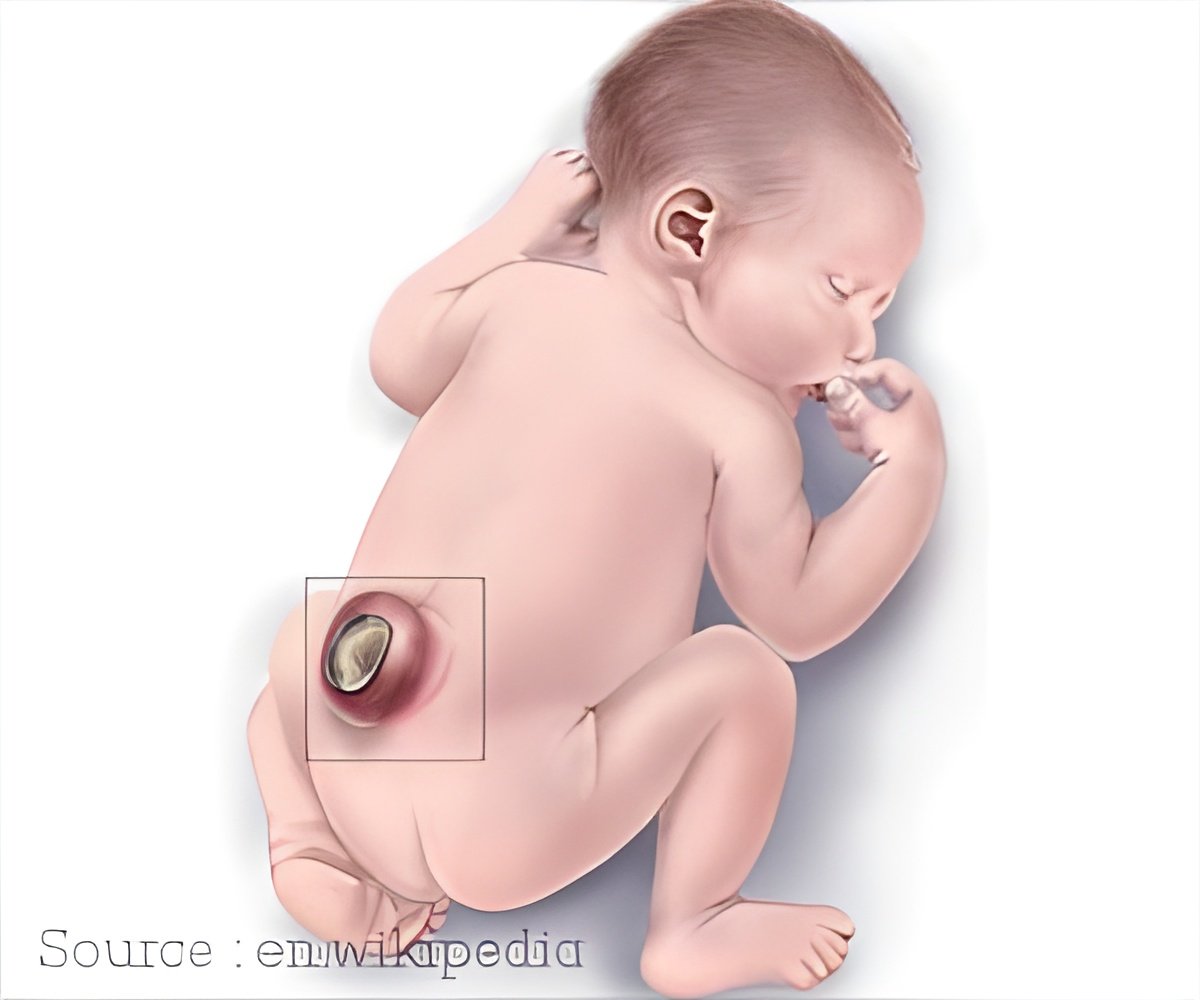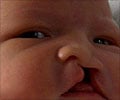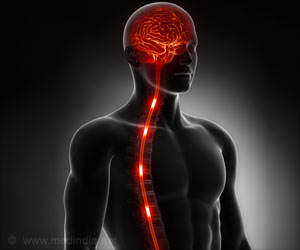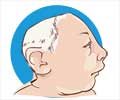
‘Prenatal surgery combined with human placenta-derived mesenchymal stromal cells (PMSCs) improved hind limb control in lab animals and dogs with spina bifida.’
Tweet it Now
The team will use the results to optimize the neuroprotective qualities of a stem cell treatment they developed to improve the mobility issues associated with spina bifida. Published in the Journal of the Federation of American Societies for Experimental Biology, the study was led by Aijun Wang, co-director of the UC Davis Health Surgical Bioengineering Laboratory.
Altering the outcomes of spina bifida
UC Davis Health fetal surgeon and study co-author Diana Farmer first showed that prenatal surgery reduces neurological defects in children with spina bifida, which occurs when the spinal cord does not properly close before birth. Children with the condition experience a range of lifelong cognitive, urological, musculoskeletal and motor disabilities.
"We wanted to know the specific mechanisms of action of the PMSC treatment that protect neurons," Wang said. "Our new results provide evidence that stem cell secretions containing exosomes that express galectin 1 are an important part of the therapeutic benefits and give us a path for optimizing the neuroprotective qualities of the treatment."
Advertisement
The new study also could help the researchers produce a cell-free treatment for spina bifida and other spinal cord injuries based on byproducts of stem cells rather than the stem cells themselves, according to Wang.
Advertisement
"Stem cell secretions can have the same or similar healing qualities, but also are a more stable and controllable product," Wang said. "We are excited about what we see so far and are anxious to further explore the clinical applications of this research."
In addition to Wang and Farmer, study authors were Priyadarsini Kumar, James Becker, Kewa Gao, Randy Carney, Lee Lankford, Benjamin Keller, Kyle Herout and Kit Lam, all of UC Davis Health. Gao also is affiliated with The Third Xiangya Hospital of Central South University in China.
Source-Eurekalert















